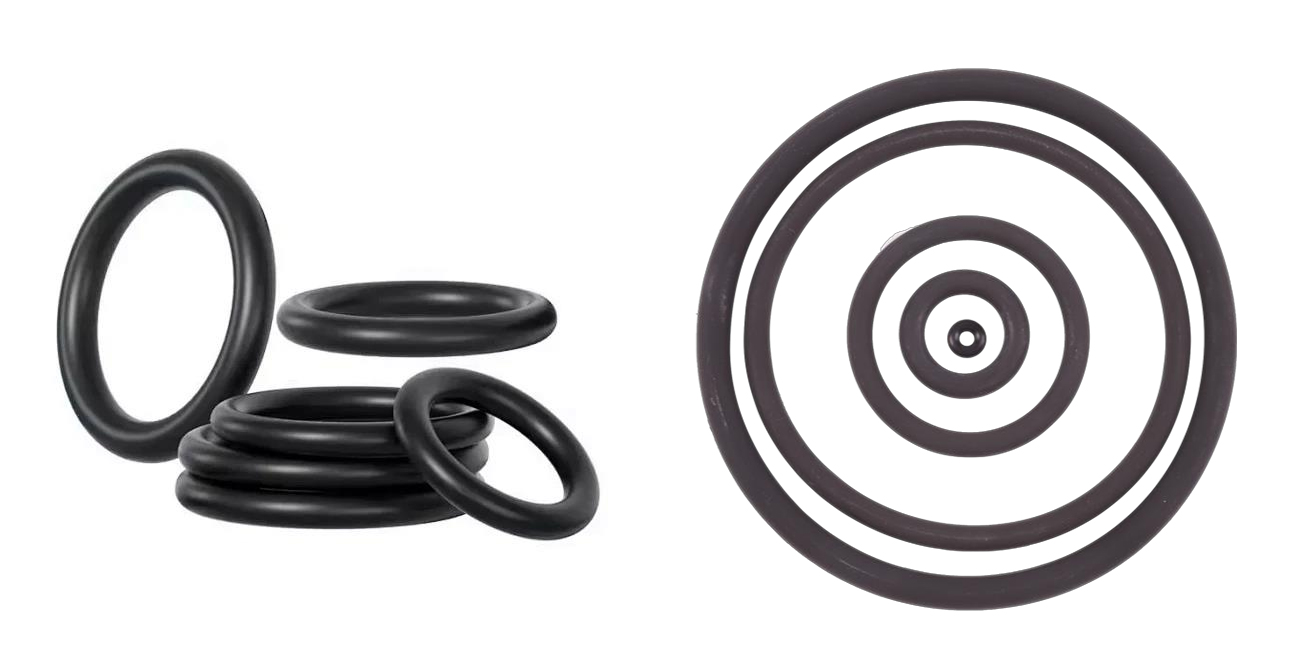When it comes to printing documents, the choice of paper can significantly impact the quality of the output. For users of laser printers, the question often arises: Do I need special paper for a laser printer? This inquiry is not just about aesthetics; it touches on the functionality, longevity, and overall performance of printed materials. In this comprehensive guide, we will explore the nuances of paper selection for laser printers, addressing the necessity of special paper, and providing practical insights for optimal printing results.
Understanding Laser Printing Technology
Before delving into the specifics of paper types, it's essential to understand how laser printers operate. Unlike inkjet printers, which spray liquid ink onto paper, laser printers use a dry toner that is fused onto the paper through heat and pressure. This process allows for high-speed printing with sharp text and images. However, the effectiveness of this technology is highly dependent on the type of paper used.
Types of Paper Suitable for Laser Printers
- Standard Copy Paper:
- Most laser printers are designed to work well with standard 20 lb copy paper. This type of paper is readily available and cost-effective for everyday printing tasks. However, while it may suffice for basic documents, it may not deliver the best results for high-quality prints.
- Laser Printer-Specific Paper:
- There are papers specifically designed for laser printers, often labeled as laser paper. These papers are engineered to withstand the high temperatures of the fusing process, ensuring that the toner adheres properly without smudging or bleeding. Using laser-specific paper can enhance the vibrancy and clarity of printed images and graphics.
- Heavyweight and Cardstock:
- For projects requiring sturdier materials, such as brochures or business cards, heavyweight paper or cardstock is an excellent choice. These papers can handle the heat of laser printing while providing a professional finish. However, it’s crucial to check the printer’s specifications to ensure it can accommodate thicker media.
- Specialty Papers:
- Specialty papers, including glossy, matte, or textured finishes, can also be used with laser printers. These papers are ideal for marketing materials, photographs, and presentations. Again, it is vital to confirm compatibility with your specific printer model to avoid jams or poor print quality.
Do You Need Special Paper?
The short answer is: it depends on your printing needs. While standard copy paper can work for most tasks, special paper can enhance the quality and durability of your prints. Here are some factors to consider:
- Print Quality: If you require high-quality prints for presentations or marketing materials, investing in laser-specific or specialty paper is advisable. The right paper can significantly improve the sharpness and color accuracy of your prints.
- Durability: For documents that need to withstand handling or environmental factors (like humidity), using heavier or specially coated paper can provide added durability.
- Cost Considerations: While special papers may come at a higher price point, the benefits in terms of quality and presentation can justify the expense, especially for business-related printing.
Tips for Choosing the Right Paper
- Check Printer Specifications: Always refer to your printer’s manual for recommended paper types and weights. This information will help you avoid potential issues and ensure optimal performance.
- Conduct Test Prints: If you’re experimenting with a new type of paper, conduct test prints to evaluate the results. This practice can save time and resources in the long run.
- Consider the Purpose: Tailor your paper choice to the intended use of the printed material. For example, use high-quality paper for client presentations and standard paper for internal documents.
- Store Paper Properly: To maintain the integrity of your paper, store it in a cool, dry place away from direct sunlight. This practice helps prevent warping or moisture absorption, which can affect print quality.
Conclusion
In conclusion, while you may not necessarily need special paper for a laser printer, choosing the right type of paper can significantly enhance the quality and effectiveness of your printed materials. By understanding the various paper options available and considering your specific printing needs, you can make informed decisions that lead to professional and polished results. Whether you opt for standard copy paper or invest in specialty options, the key is to align your paper choice with your printing objectives for the best possible outcome.

